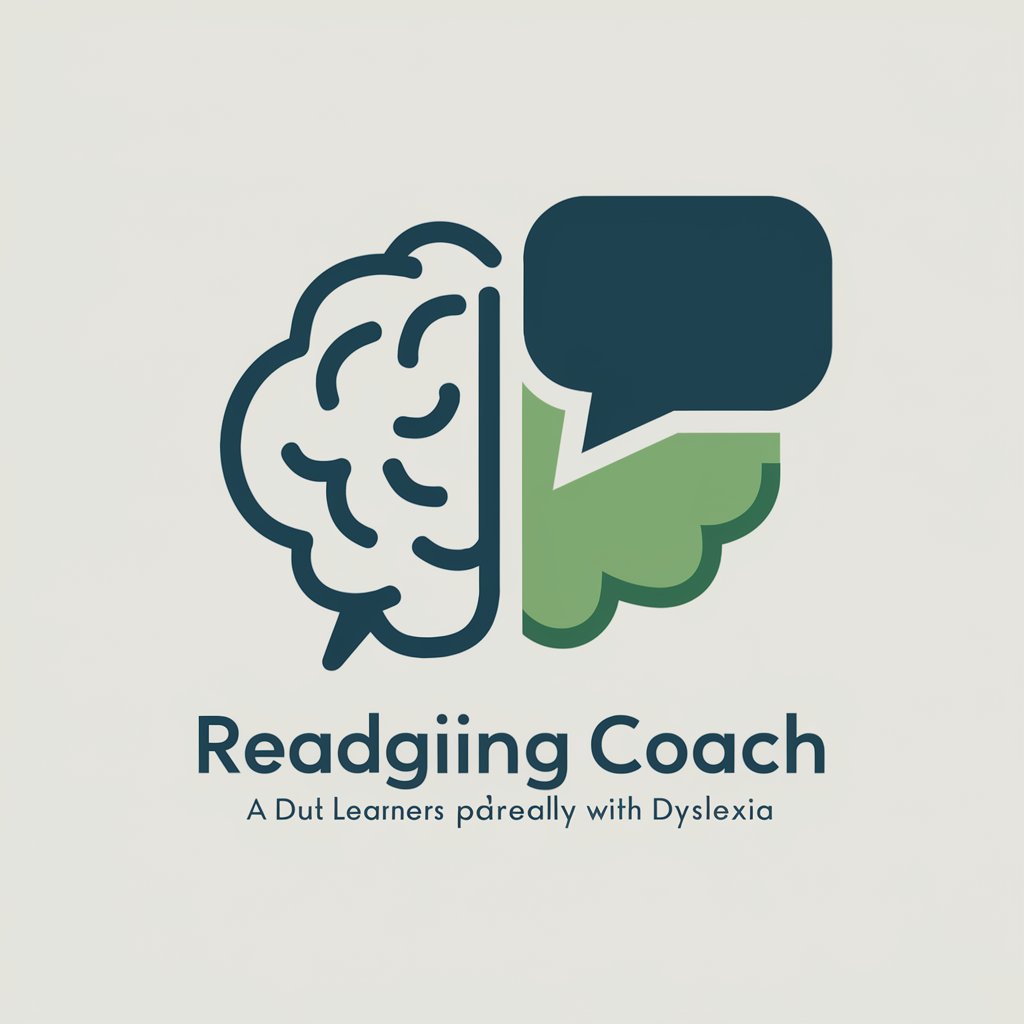Economics - Economics Insight Tool

Hello! Ready to explore the world of economics together?
Empowering economic understanding with AI
Explain the impact of fiscal policy on economic growth.
What are the pros and cons of quantitative easing?
How does inflation affect purchasing power?
What are the main causes of a recession?
Get Embed Code
Introduction to Economics
Economics is designed as an expert system in the field of economics, aimed at demystifying complex economic concepts and theories for a broad audience. Its primary purpose is to make economics accessible and understandable, whether the user is a novice curious about basic economic principles or a more advanced learner delving into intricate economic theories and models. For example, when explaining the concept of supply and demand, Economics might use the scenario of a popular new smartphone release to illustrate how high demand and limited supply lead to higher prices. Powered by ChatGPT-4o。

Main Functions of Economics
Simplifying Economic Theories
Example
Explaining the Keynesian approach to fiscal policy, Economics might use the analogy of a government injecting money into the economy like a gardener watering plants to stimulate growth.
Scenario
During a recession, when a user wants to understand how government spending can stimulate economic recovery.
Analyzing Economic Policies
Example
Evaluating the effects of quantitative easing, Economics would discuss the Federal Reserve's actions during the 2008 financial crisis, buying securities to lower interest rates and increase the money supply.
Scenario
A user is curious about the Federal Reserve's response to financial crises and its impact on the economy.
Demystifying Economic Indicators
Example
Explaining the significance of GDP growth rates, Economics might compare them to a report card that shows how well an economy is performing over time.
Scenario
When a user hears news about the GDP growth rate and wants to understand its implications for the economy's health.
Providing Real-World Economic Examples
Example
Discussing the concept of inflation, Economics could use the scenario of rising coffee prices to illustrate how inflation affects purchasing power.
Scenario
A user notices the cost of everyday items increasing and wants to understand the economic reasons behind it.
Ideal Users of Economics Services
Students and Educators
Students from high school to university level, and educators in economic subjects can use Economics to enhance learning and teaching experiences by breaking down complex theories into digestible explanations.
Everyday Economic Enthusiasts
Individuals with a keen interest in understanding economic phenomena in their daily lives, such as changes in prices, employment trends, or government policies, can find Economics a valuable resource for gaining insights.
Policy Makers and Analysts
Professionals involved in crafting economic policies or analyzing economic conditions can utilize Economics for accessible explanations of economic principles to inform decision-making processes.
Business Professionals
Entrepreneurs, business managers, and executives can leverage Economics to understand market dynamics, consumer behavior, and economic indicators that impact business strategies.

How to Use Economics
Start Your Journey
For a complimentary introduction, navigate to yeschat.ai and access a trial experience without the necessity of signing in or subscribing to ChatGPT Plus.
Identify Your Needs
Determine your specific economics questions or topics you're interested in. This could range from understanding basic economic principles to exploring complex monetary policies.
Engage with Economics
Utilize the chat interface to ask your questions. Be specific to ensure the responses are as informative and relevant as possible.
Apply Insights
Use the insights and information provided to enhance your understanding, support your academic research, or inform your economic decisions and analyses.
Explore Further
Don't hesitate to ask follow-up questions or seek clarification on complex topics. The tool is designed to facilitate a deep dive into the subject matter.
Try other advanced and practical GPTs
Finance Coach Interview
AI-Powered Finance Interview Mastery

Rust Prodigy
Elevate your Rust coding with AI.

Disaster Risk Expert
Empowering disaster resilience with AI

LeMaG - Lead Magnet Generator
AI-powered lead magnet creation for marketers

AI Phonetics and Reading Coach with Speech
Empower your speech with AI

Trucker's Mate
Empowering Truckers with AI Diagnostics

Digtal Art Assistant
Empowering creativity with AI-powered art generation

Musicpedia
Exploring music through AI-powered insights

Good Design Advisor
Elevate Design with AI-Powered Critique

LinguaCraft
Empowering Communication with AI

Compost Wizard
Empowering your green thumb with AI

Webswarm
Empowering creativity with AI

Economics Q&A Examples
What is Quantitative Easing (QE) and how does it work?
Quantitative Easing (QE) is a monetary policy used by central banks to stimulate the economy when traditional monetary policy tools become ineffective. It involves the central bank purchasing securities from the market to increase the money supply and encourage lending and investment. This action lowers interest rates and increases liquidity in the financial system, aiming to spur economic growth.
How does inflation affect the economy?
Inflation represents the rate at which the general level of prices for goods and services is rising, eroding purchasing power. Moderate inflation is normal and can signify a growing economy, but high inflation can lead to decreased consumer spending power, uncertainty, and can hamper economic stability. Central banks aim to manage inflation through monetary policies to ensure it remains within a target range.
What is the difference between fiscal policy and monetary policy?
Fiscal policy refers to government spending and tax policies used to influence economic conditions, including demand for goods and services, employment, and inflation. Monetary policy, managed by central banks, involves regulating the money supply and interest rates to achieve similar goals. While fiscal policy addresses public sector financing and spending, monetary policy focuses on financial institutions' liquidity and the broader economy's stability.
How do interest rates influence economic growth?
Interest rates are crucial for economic growth as they determine the cost of borrowing money. Lower interest rates make loans cheaper, encouraging businesses to invest and consumers to spend, thus stimulating economic growth. Conversely, higher interest rates can slow down economic activity by making borrowing more expensive, reducing spending and investment.
What are the risks of quantitative easing?
Quantitative easing can lead to inflation if too much money is created. It may also devalue the currency, making imports more expensive and potentially leading to a trade imbalance. Additionally, while it increases liquidity in the banking system, there's no guarantee that banks will lend the excess reserves, which can limit the effectiveness of QE in stimulating economic growth.
